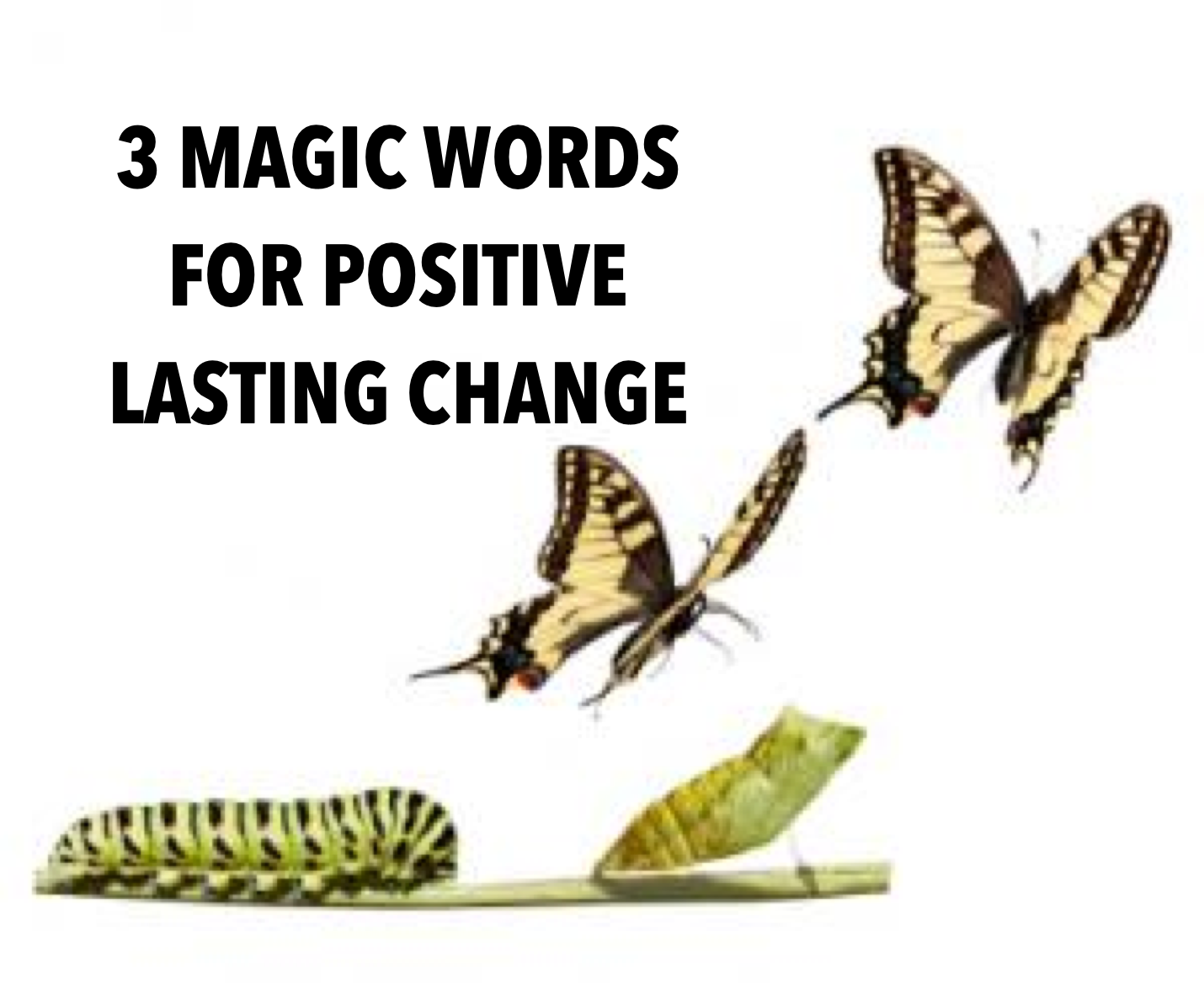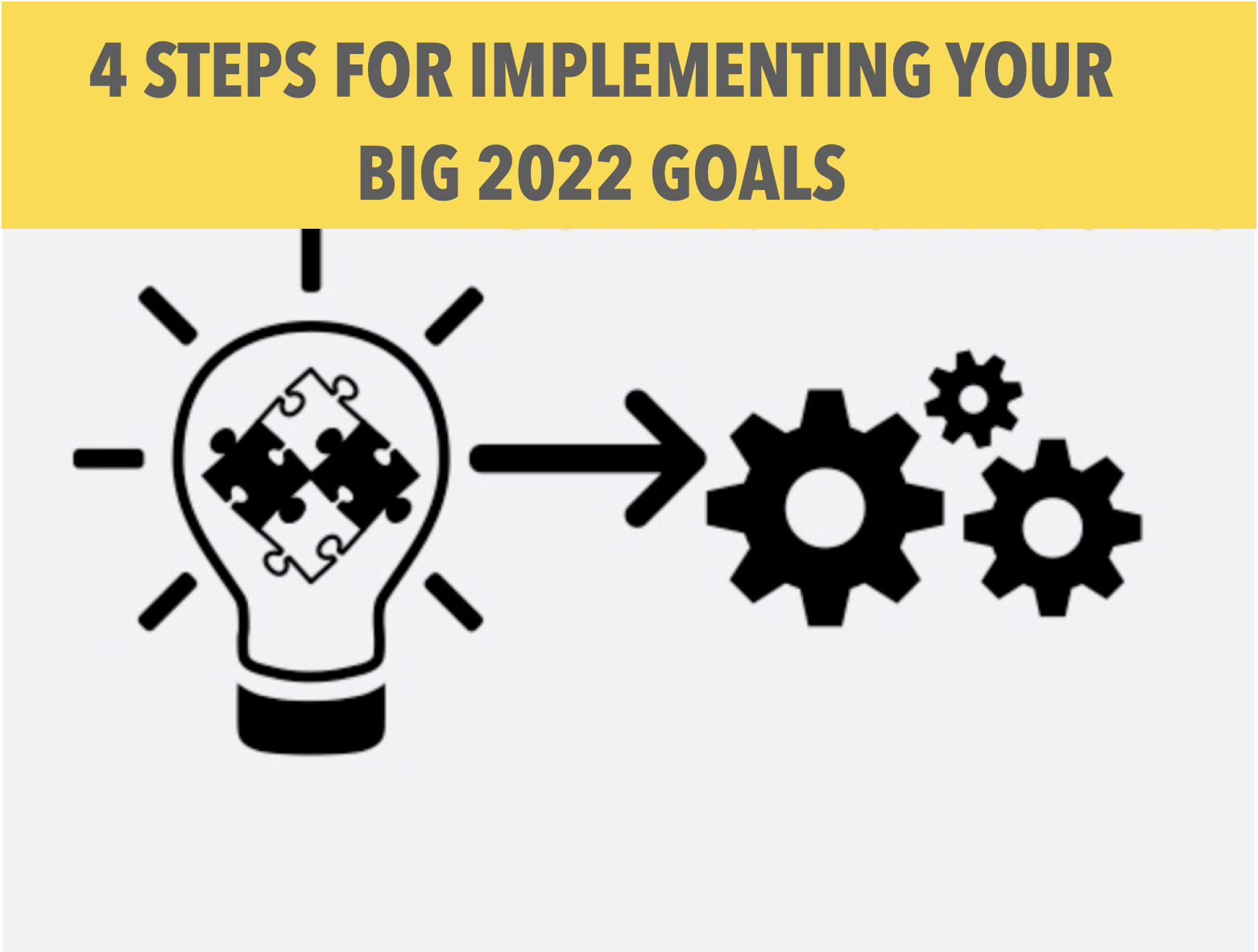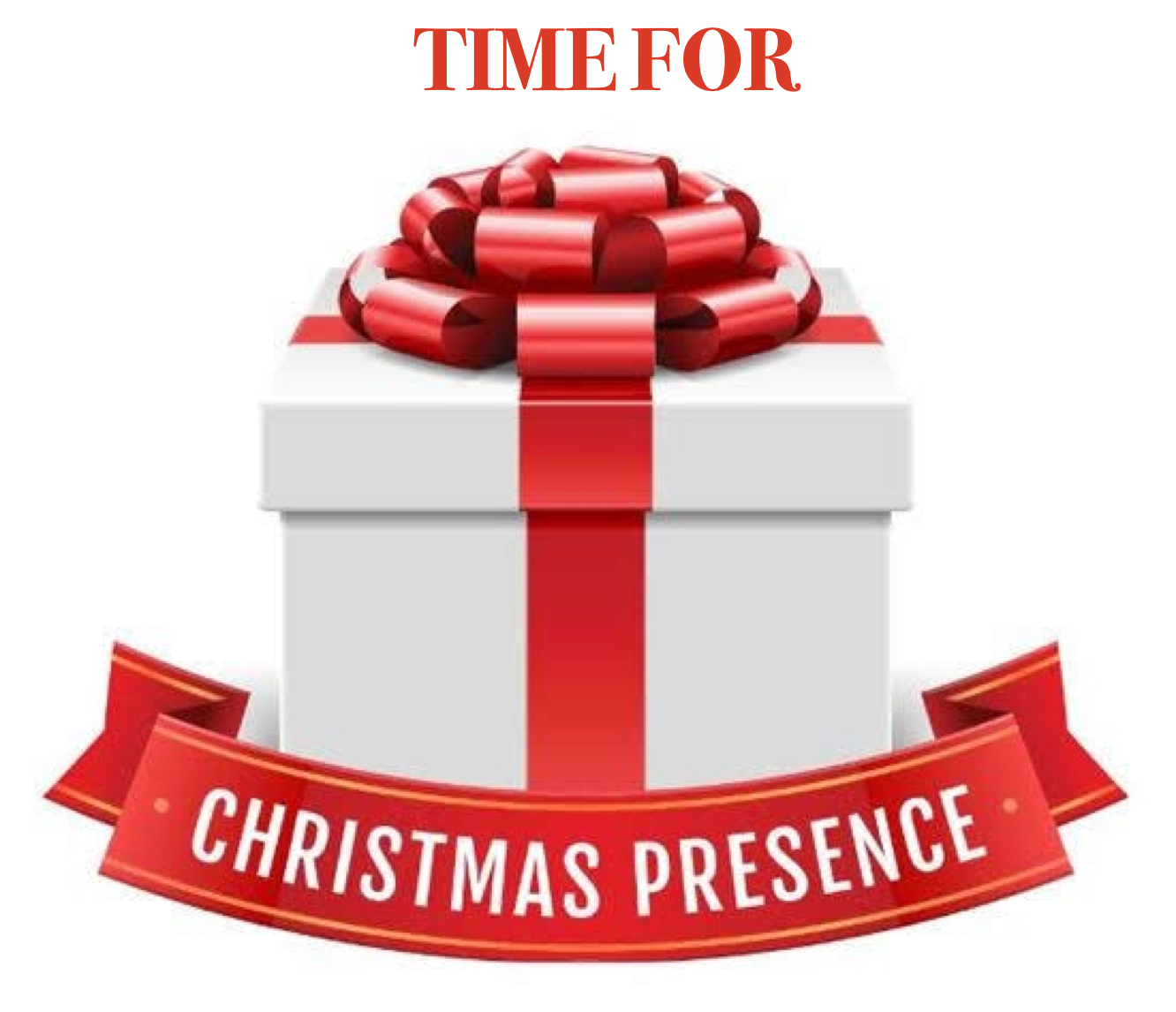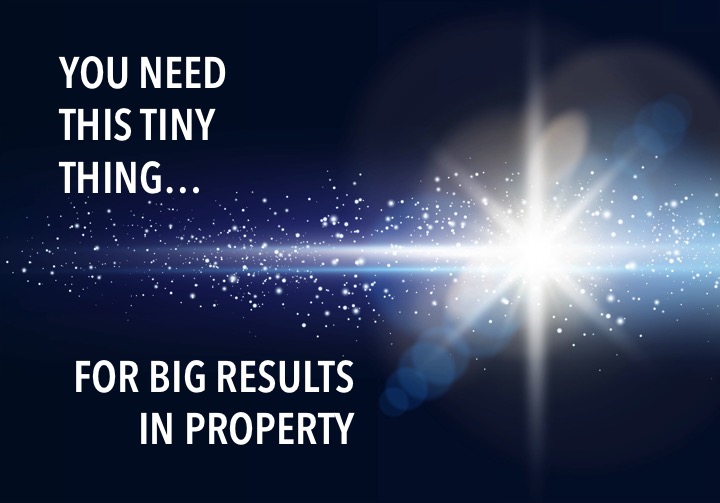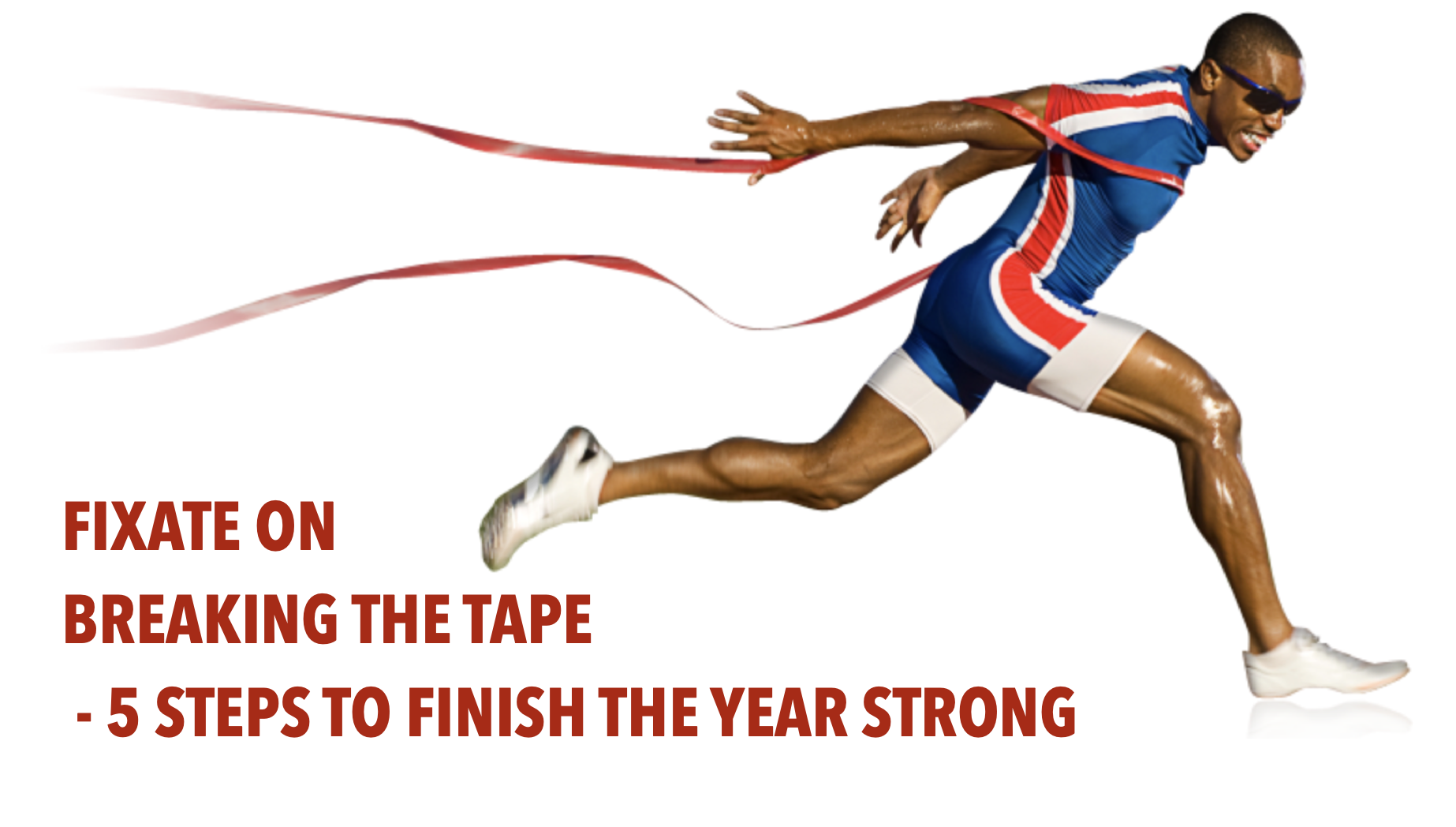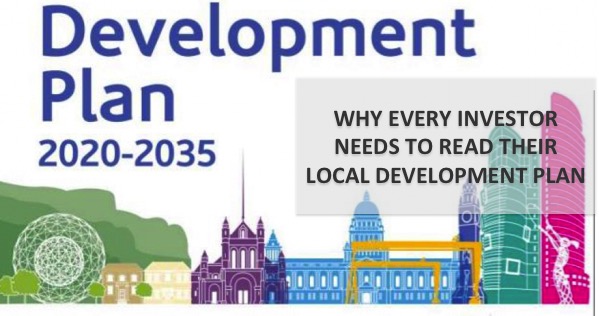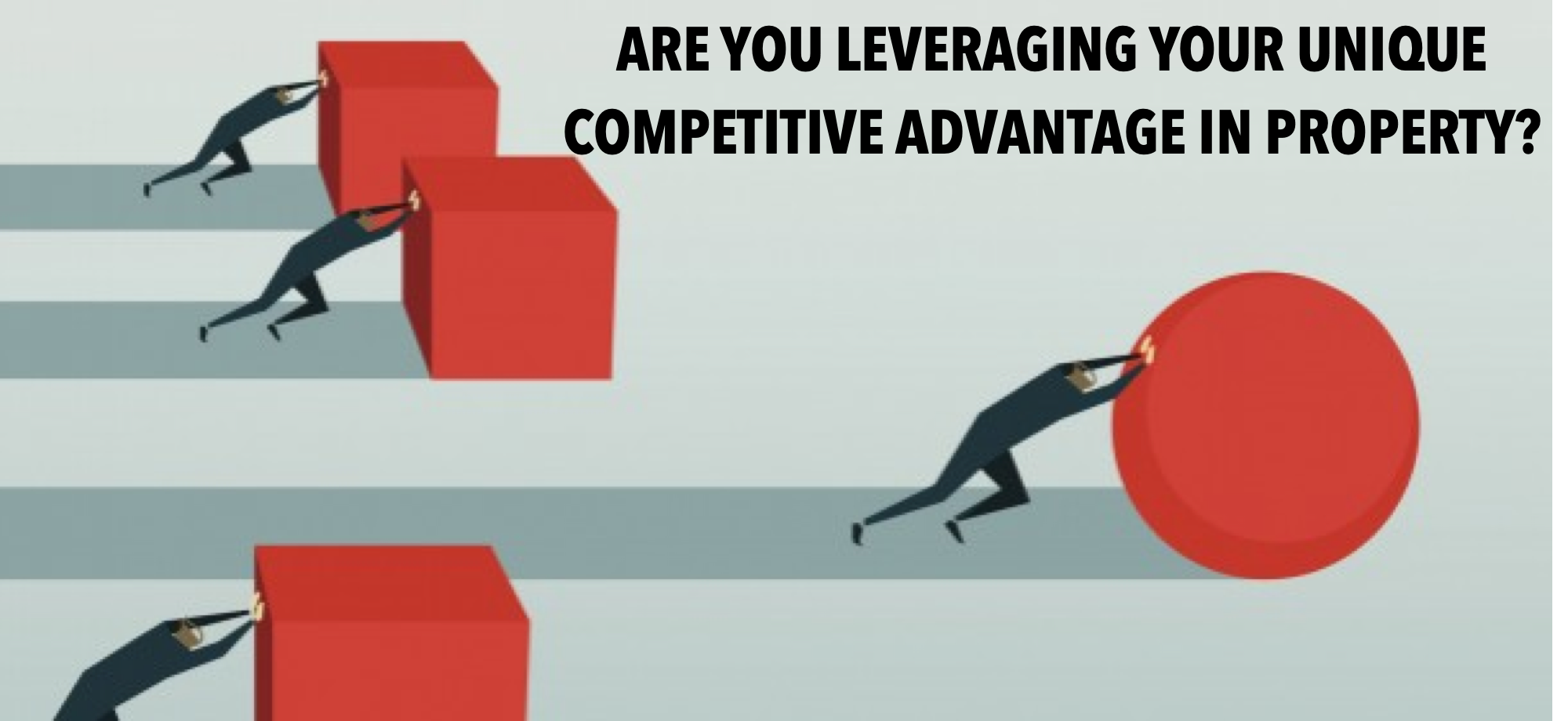Will 2022 be your best year yet? Will it be the year that you create positive lasting change?
If, like me, this is what you continuously strive for each year then you’ll want to read and implement the message in this post.
I wish I could say the 3 magic words came from me but alas, they did not. Here, all credit is due to big Tony Robbins. What I’d like to do is share his message with people in property – and I’m confident that for those people who resonate with this message, you will take these 3 magic words and make great things happen this year……and well beyond.
Are you ready for the 3 magic words? Here you go……
For lasting positive change……RAISE YOUR STANDARDS
If we want to change our life for the better, the foundations and key component of making that happen is to raise our standards.
What does that actually mean?
Tony reminds us that, “ lasting change is different from a goal, people don’t always get their goals, but they do always get their standards”.
To frame standards another way, everybody in life gets their ‘musts’, they don’t always get their ‘shoulds’.
If you think about it, everyone has a list of things that they ‘should do’, especially property investors ie I ‘should’ find more deals to analyse, I ‘should’ network more, I ‘should’ work to a clear set of investment criteria, I ‘should’ plan my week/day before it starts, I ‘should’ speak to more commercial agents….
You get the idea, however the ‘shoulds’ rarely happen.
BUT when you decide something is an absolute MUST for you, no excuses, you commit to yourself that you will find a way or make a way, that’s when we really can find a way and make things happen.
Is there an area in your life where you need to shift a ‘should’ to a ‘must’?
Here’s the powerful thing at play when we make a ‘should’ a ‘must’ – it doesn’t require any willpower. Tony explains that when we commit to a must it becomes part of our identity and the powerful force at play is that human beings absolutely follow through on who they believe they are. In other words, ‘we all act consistent with who we believe we are’.
‘The strongest force in the whole human personality is this need to stay consistent with how we define ourselves’.
That line there is gold, read it again and think about it.
Who do you believe you are? What kind of property investor/entrepreneur do you believe you are and define yourself as?
If you define yourself as the kind of property entrepreneur who only deserves to do small single unit deals, or the kind who tells themselves I can’t source rent to rent deals then guess what, that’s where you’ll be stuck.
Most people are living their lives based on the standards and beliefs they made choices about at some point in the past
Whatever people have their identity attached to, they live – ‘we live who we believe we are’.
OK, so now you know the 3 magic words, how do you apply these in your life and in your property business?
You need to decide what your standards are for important areas of your life, and back those standards up with rituals.
We don’t get results without rituals ie some sort of action that we do consistently.
The people who get these rituals done each week don’t have more time than anyone else, they’ve just made it a MUST.
So as an example, physically – if your standard is ‘I am an athlete’ then you will do whatever is necessary to maintain that identity and your ritual will be to complete certain workouts X number of times per week.
Another example:
For me as a property entrepreneur & investor, one of my standards is to raise my hourly rate from my 2021 level. So the ritual to back that up will be to identify lower value elements of tasks I currently do and delegate or outsource them, and to consciously ask myself – ‘is this thing I’m working on at the level of my target rate?’ (Thanks for the awesome podcast on that Dan)
‘Wants don’t get met consistently, standards do.’
So, here’s a quick 3 step summary for you to action:
- Define your standards
- Stack up your reasons why those standards need to be a must for you
- Create and design weekly and daily rituals that deliver your standards
I’d love to hear, what STANDARDS will you set for yourself starting now.

